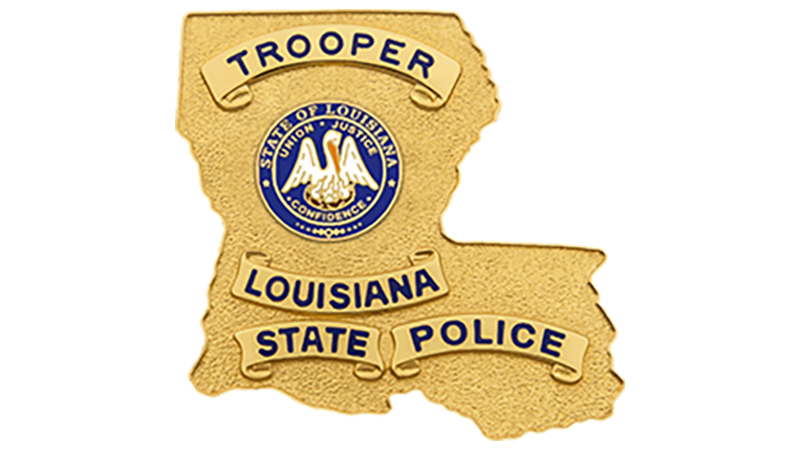EASTERN DISTRICT OF LOUISIANA U.S. ATTORNEY DUANE A. EVANS REMINDS THE PUBLIC TO BE AWARE OF FRAUD WHEN DISASTER STRIKES AND REPORT IT TO THE NATIONAL CENTER FOR DISASTER FRAUD
Published 9:58 am Friday, September 17, 2021
|
Getting your Trinity Audio player ready...
|
NEW ORLEANS – The Department of Justice established the National Center for Disaster Fraud (NCDF) in the wake of Hurricane Katrina, when billions of dollars in federal disaster relief poured into the Gulf Coast region, creating opportunities for criminal exploitation during this stressed time. The NCDF, a national coordinating agency within the Department of Justice, is designed to facilitate the detection, prevention, investigation, and prosecution of arising out of natural and man-made disasters. The NCDF operates a call center at Louisiana State University in Baton Rouge to process disaster fraud complaints, provide relevant information and advocate for victims of such fraud. More than 20 federal, state, and local agencies participate in the NCDF, thus enabling efficient complaint referrals to the appropriate agency.
Locally, Hurricane Ida caused severe damage to communities from Southeast Louisiana, through the Tennessee River Valley, and ultimately reached those along the Eastern Seaboard. With the inevitable occurrence of natural and man-made disasters and the devastation to lives and property they bring, criminals are poised to strike helpless victims at their most vulnerable and desperate.
Examples of criminality reported to the NCDF and law enforcement include:
- Impersonation of federal law enforcement officials
- Identity theft
- Fraudulent submission of claims to insurance companies and the federal government
- Fraudulent activity related to solicitations for donations and charitable giving
- Fraudulent activity related to individuals and organizations promising high investment returns from profits from recovery and cleanup efforts
- Price gouging
- Contractor Fraud
- Debris removal fraud; and
- Theft, looting, and other violent crime.
Members of the public must be wary and verify the legitimacy of anyone claiming to work on behalf of disaster victims. Exercise caution before providing personal identifying or financial information to anyone, in the wake of a disaster. Solicitations can originate from e-mails, websites, door-to-door collections, mailings and telephone calls, and similar methods.
If you suspect fraud, waste, abuse, or mismanagement involving disaster relief operations, or believe you have been the victim of fraud from any source soliciting relief funds on behalf of disaster victims, please contact the National Disaster Fraud Hotline toll free at (866) 720-5721. The telephone line is staffed by live operators 24 hours a day, seven days a week. Complaints may also be filed online at http://www.justice.gov/DisasterComplaintForm. Learn more about the NCDF at www.justice.gov/disaster-fraud. Tips for the public on how to avoid being victimized of fraud are at https://www.justice.gov/opa/pr/tips-avoiding-fraudulent-charitable-contribution-schemes.




